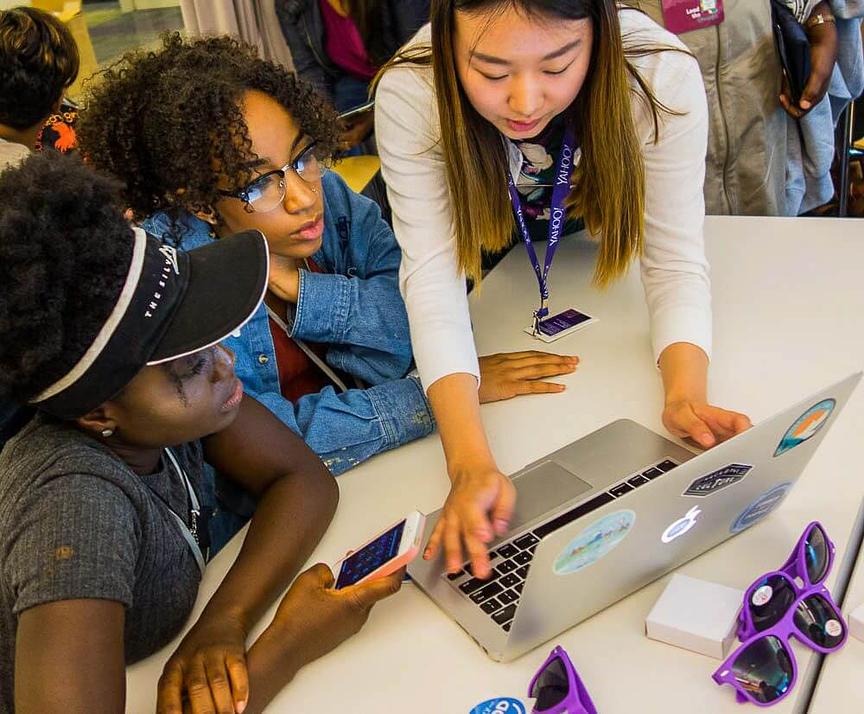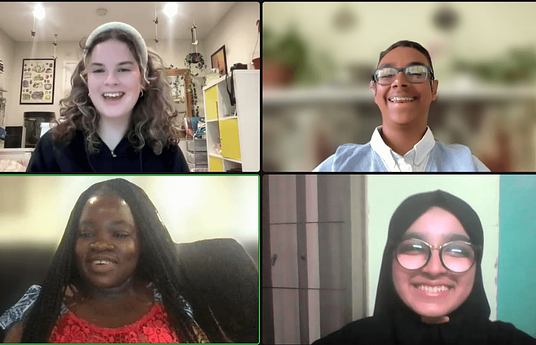The United Nations 2030 Agenda for Sustainable Development focuses on prosperity and well-being for all people and our planet. However, in the intermediate years between now and 2030, countries will face increasingly serious challenges: access to clean air, water, food security, natural disasters, pandemics, decreased health, forced displacement, and the continued challenges of poverty and inequality. We have two solutions to leverage as a planet: technology and humans’ sense of self-efficacy. Historically, engineering and tech innovations drastically change how we live and work. For example, mobile phone cameras democratised intangible values such as creativity and self-expression. Artificial Intelligence (AI) has been central to public interest, discussion and debate - simultaneously a source of hope and concern.
To achieve the UN 2030 goals, we need everyone, not just technology experts, to believe that they can effect change in their lives and communities, and that they can learn how to use powerful technologies, such as AI, to make this positive change. Technovation empowers underserved communities, especially girls and women, to address local problems through cutting-edge technologies like mobile and AI.
Participants go through a 12-week technology-entrepreneurship curriculum that introduces five levels of learning: going beyond coding and content knowledge acquisition, helping participants develop the skills of real-world problem solving, collaboration, metacognition and complex systems-thinking. We also help increase social capital in these communities by connecting participants with mentors from industry and academia, challenging all groups to collaboratively solve meaningful community problems.
Since our founding in 2006, Technovation has connected more than 130,000 youth across 100+ countries with ~32,000 mentors and educators. Participants developed knowledge and skills to use technology to tackle real-world problems. Through our programs, 91% of students increased their sense of self-efficacy (as problem solvers), 88% of parents indicated greater capability to support STEM learning at home, and 85% of parents reported significant gains in AI knowledge (2019 Technovation Families).



